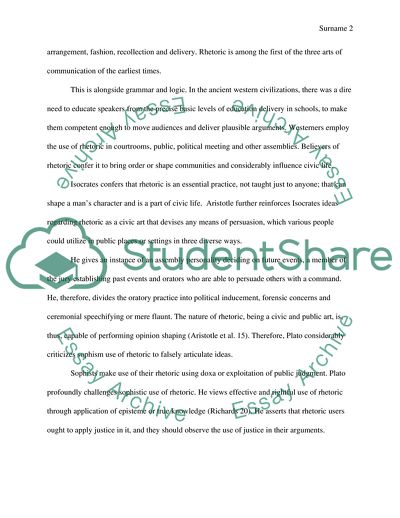Cite this document
(Stephen Colbert's 2010 Testimony Essay Example | Topics and Well Written Essays - 1250 words, n.d.)
Stephen Colbert's 2010 Testimony Essay Example | Topics and Well Written Essays - 1250 words. https://studentshare.org/journalism-communication/1766180-stephen-colberts-2010-testimony
Stephen Colbert's 2010 Testimony Essay Example | Topics and Well Written Essays - 1250 words. https://studentshare.org/journalism-communication/1766180-stephen-colberts-2010-testimony
(Stephen Colbert'S 2010 Testimony Essay Example | Topics and Well Written Essays - 1250 Words)
Stephen Colbert'S 2010 Testimony Essay Example | Topics and Well Written Essays - 1250 Words. https://studentshare.org/journalism-communication/1766180-stephen-colberts-2010-testimony.
Stephen Colbert'S 2010 Testimony Essay Example | Topics and Well Written Essays - 1250 Words. https://studentshare.org/journalism-communication/1766180-stephen-colberts-2010-testimony.
“Stephen Colbert'S 2010 Testimony Essay Example | Topics and Well Written Essays - 1250 Words”. https://studentshare.org/journalism-communication/1766180-stephen-colberts-2010-testimony.


